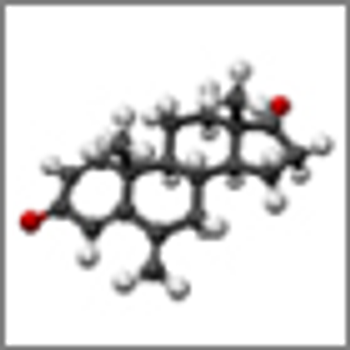
Early-stage premenopausal ER-positive breast cancer patients who have received chemotherapy benefited from ovarian suppression with tamoxifen or exemestane.

Your AI-Trained Oncology Knowledge Connection!


Early-stage premenopausal ER-positive breast cancer patients who have received chemotherapy benefited from ovarian suppression with tamoxifen or exemestane.
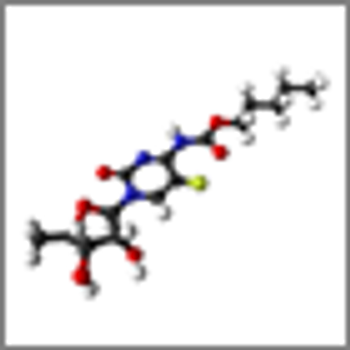
The use of adjuvant capecitabine in elderly patients with moderate- to high-risk early breast cancer resulted in no improvement in disease-free survival.

The level of stromal tumor-infiltrating lymphocytes (Str-TILs) may influence which treatment is the most effective in women with HER2-positive breast cancer.

In this preview of the 2014 San Antonio Breast Cancer Symposium, we take a look at some of the studies to watch for at this year's event.

Meetings like SABCS that bring together scientists, medical professionals, and patients are essential to achieving improved outcomes in the clinic. I am grateful to all who organize and attend this event and humbled to participate.

In this interview we discuss the role of radiotherapy in treating women aged 65 and older with hormone-positive breast cancer with Dr. Ian Kunkler, professor of clinical oncology at the Edinburgh Cancer Research Center.

In a study presented at SABCS, breast cancer patients experiencing moderate joint pain from aromatase inhibitor-therapy had clinically meaningful improvements in pain and stiffness when they participated in an exercise program.

The addition of carboplatin chemotherapy or bevacizumab to the standard neoadjuvant chemotherapy boosted the number of women with triple-negative breast cancer who had no residual cancer at the time of surgery.

The addition of bevacizumab to the combination of chemotherapy and trastuzumab as adjuvant therapy did not influence invasive disease-free survival according to a new study result presented at SABCS.

Major studies conducted to date looking at mammography screening and mortality have estimated that the number of women needed to be screened in order to prevent one breast cancer death ranged from 111 to 2,000, an almost 20-fold difference; however, the benefits of mammography may be more consistent than previously thought, according to a re-examination of these studies presented at the SABCS.

The aromatase inhibitor anastrozole reduced the risk for breast cancer by 53% among postmenopausal women at high-risk for the disease, according to trial results presented at SABCS.

Adding the drug dasatinib to standard antihormone therapy letrozole doubled the median progression-free survival of patients with hormone-receptor positive, HER2-negative breast cancer, according to the results of a small phase II study.


Major studies looking at breast cancer screening with mammography may have more consistent findings than previously thought.


The number of tumor-infiltrating lymphocytes detected in early-stage HER2-positive tumors may predict a better response to trastuzumab and chemotherapy, according to a study presented at SABCS.
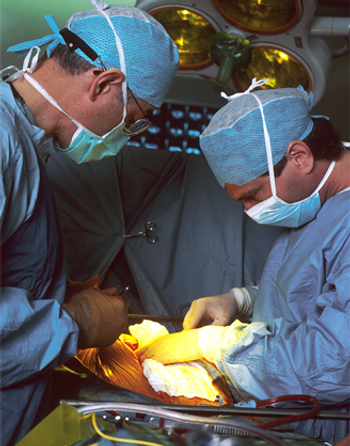
Surgical removal of primary breast cancer tumors had no benefit on overall survival in women who presented with metastatic breast cancer, according to the results of a study presented at SABCS.

Patients with HER2-positive breast cancer who achieved pathologic complete response had significantly improved event-free survival and overall survival over patients that did not, according to the trial results presented at SABCS.
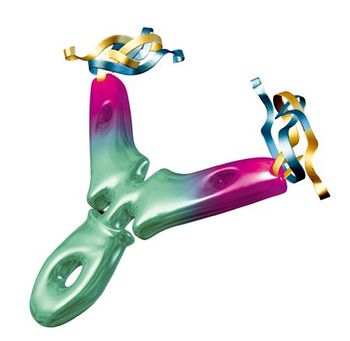
Triple-negative breast cancer patients with primary invasive cancer did not benefit from adjuvant combination chemotherapy plus bevacizumab compared to chemotherapy alone.
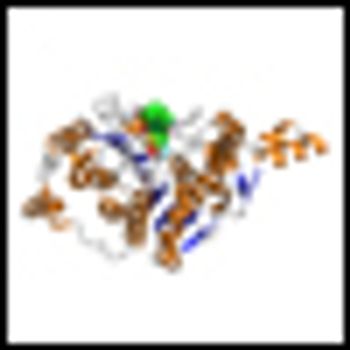
Combining histone deacetylase (HDAC) inhibitors with PARP inhibitors or cisplatin has the potential to be an effective treatment for triple-negative breast cancer, according to preclinical research presented this week at the San Antonio Breast Cancer Symposium.

A small study analyzing neurocognitive function in women undergoing chemotherapy to treat their breast cancer shows that some of the common cognitive issues experienced by breast cancer patients tend to occur not only post-chemotherapy, but also prior to chemotherapy treatment.
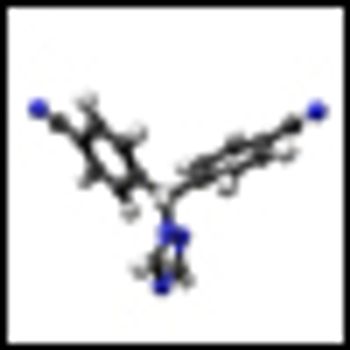
Combining an investigational agent called PD 0332991 with letrozole improved progression-free survival over letrozole alone in women with advanced estrogen receptor-positive breast cancer, according to a study presented at the San Antonio Breast Cancer Symposium this week.

A large cohort study found that black women with early-stage invasive breast cancer were significantly less likely than white patients to undergo the less invasive axillary sentinel lymph node biopsy. Black women also had a higher rate of lymphedema, due largely to that difference in treatment modalities.

Increasing the dose of fulvestrant from 250 mg to 500 mg yielded a longer median overall survival as well as a lower overall risk of death in women with locally advanced or metastatic estrogen receptor-positive breast cancer, according to results from the CONFIRM trial.
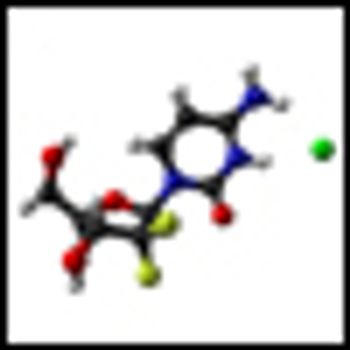
Breast cancer patients 35 years and younger, even those with luminal-like disease, derive more benefit from neoadjuvant chemotherapy than do older patients, according to a German study presented at SABCS.
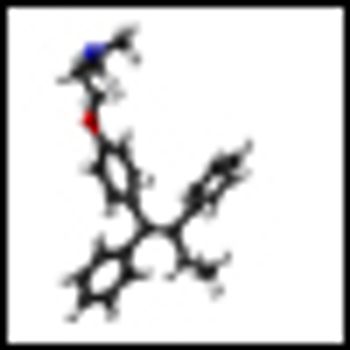
Patients who took tamoxifen as adjuvant therapy for ER-positive breast cancer for 10 years had both a reduced risk of recurrence and better overall survival compared to patients who stopped after 5 years, according to results of the ATLAS study presented at SABCS.

To kick off SABCS 2012, we discuss the use of molecular testing for the diagnosis and treatment of breast cancer patients in the clinical setting with Dr. Antonio Wolff of the Kimmel Cancer Center at Johns Hopkins University, one of the presenter's during the "Practical Use of Molecular Profiling" session at this year's symposium.
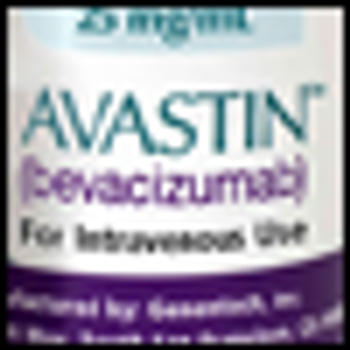
Bevacizumab (Avastin) improved progression-free survival (PFS) in women with HER2-positive locally recurrent or metastatic breast cancer by an average of 3 months when added to standard treatment as first-line therapy in the multinational, randomized, phase III AVEREL study.
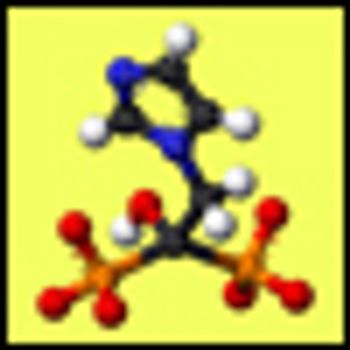
Results of 4 trials involving bisphosphonates in a range of protocols and patient cohorts suggest that the role of these agents in preventing recurrence of breast cancer remains to be defined. In 2 of the 4 studies reported, favorable outcomes were obtained following intravenous administration of zoledronic acid. Neither of two trials in which a bisphosphonate was administered orally, however, achieved its primary endpoint.

Although some preventive steps can now be taken by women to reduce environmental factors that contribute to breast cancer risk, much more research is needed to clarify the role of recognized and suspected environmental factors, according to a new report issued by the Institute of Medicine.